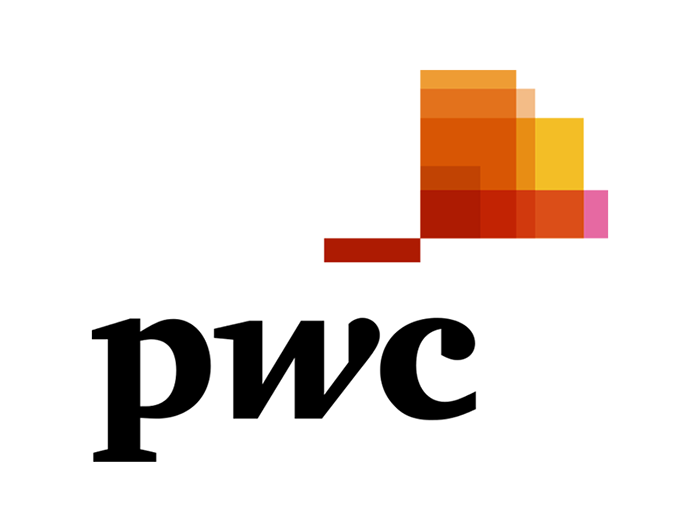PwC Middle East launched two new papers titled The Evolution & Characteristics of Mature Digital Government and The Digital Transformation Journey of GCC Governments to highlight the journey of governments towards achieving digital government 5.0 maturity, regionally and globally.
The latest papers highlight the governments’ fundamental shift in leveraging information technologies to achieve digital government maturity and the GCC’s experience in integrating digital government transformation as part of their national agendas alongside innovative ways to overcome challenges facing governments, globally and in the GCC countries.
Currently, governments are adopting new methods and developing innovative initiatives as a way to improve their services delivery. From automation and digital government platforms to IoT-connected-cities, governments are employing data and sophisticated analytics to support decision-making processes and facilitate two-way communication with their citizens.
Furthermore, while numerous drivers, including the pandemic’s implications, are driving towards digitisation, there are also several challenges impeding the digital transformation of governments. From poor data to drawbacks in leveraging the value of national data assets, governments are experiencing lags in the transformation of their citizen service delivery and associated policymaking.
Fadi Komati, Technology Consulting Partner, PwC Middle East’s, commented: “Over the years, digital governments have evolved from the digitisation of individual government services in Government 1.0 towards the development of a citizen-centric model in Government 5.0. Mature digital governments are developing thriving opportunities, equipped with innovation, investment-optimisation and agility to commercialise some public services and develop vital sources of revenue which will contribute significantly to the comprehensive economic growth.”
Adding: “Governments that achieved digital maturity by adopting the whole-of-government approach that emphasises on the coordination across citizen-centricity, digital and e-participation attributes, are well-positioned to attain various benefits.”
Hence, the GCC countries are launching e-government initiatives to embrace their digital government transformation for more sustainable economic diversification and growth. In alignment with their national agendas, the GCC countries are implementing different strategies and digital initiatives to face challenges that might decelerate their digital maturity such as: data privacy and protection, cyber-security and cyber-attacks, societal challenges and digital skills gaps.
Reflecting on the digital governments maturity in the GCC, Joseph Abboud, Technology Consulting Director at PwC Middle East, added: “Currently, digitisation is becoming essential for creating a sustainable future. The GCC countries are developing the right policies and regulations to pave the way for the digital age. These efforts place each country at a different stage towards improving their digital maturity.”
Adding: “Oman and UAE are emerging, as the only two GCC countries, to improve across both E-Government Development Index (EGDI) and E-participation indices. On the other hand, Bahrain and Qatar have both seen a decline in both indices. While Saudi Arabia has emerged in the Digital Riser ranking as one of the top gainers in the Middle East and North Africa (MENA). These findings reflect the GCC’s efforts in technological innovation and digital twining to support the region’s economic development plans and tackle the challenges of the COVID-19 pandemic.”
On a global scale, governments should invest in their technological evolution process through shifting focus towards citizen centricity to reach digital maturity. This maturity will empower governments to find new solutions to policy challenges, explore new business models and ultimately, achieve various economic benefits.
Additionally, on a regional scale, GCC countries need to adopt a holistic governance framework that engages the GCC citizens in e-government initiatives to ensure that the entire ecosystem is progressing towards national digitisation, and address the digital capacity building challenges through utilising the right skills and capacity.
Click here to read the reports


COMMENTS